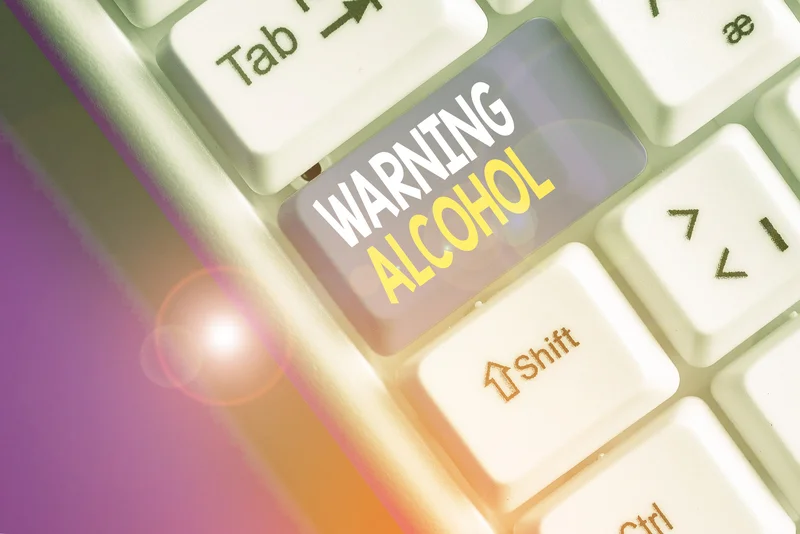
Communities across Massachusetts have grappled with similar issues, sometimes facing lawsuits or HUD complaints. In Worcester, for instance, the city has been involved in litigation with sober house operators that raises the question whether lodging house requirements discriminate against individuals with disabilities. Similarly, in New Bedford, the city has taken steps to regulate sober homes and lodging houses, prompting discussions about the balance between local control and federal anti-discrimination laws. The Bak Realty ruling provides clearer guidance, but also raises new questions about how municipalities can regulate group housing without crossing legal lines. Social workers at Boston Health Care for the Homeless identified dozens of people in Greater Boston who were either homeless or incarcerated who had been hospitalized for substance use-related problems. Participants would also have access to trained addiction specialists (known as recovery navigators) who could help them find work, counseling, and other support services.
- Without a place to live, many fall deeper into addiction and cycle in and out of emergency departments dozens of times a year, at an enormous cost to health systems and insurers.
- He shared pictures he took with the Globe, showing bare bones and jeans in a pile, a jaw bone on top, small fallen branches scattered nearby.
- Bates’s wife said she and their daughters always hoped that, with the right treatment, he would return to the person he was before he became addicted.
- Globe correspondent Annika Hom contributed to this report.
- He’d watched with growing alarm, he said, as Bates dragged himself through his stay, his obvious and intense distress met with entreaties from staff to pray.
A local sober housing program funded by health insurer helps people recover from addiction
- The man ultimately relapsed, overdosed three times in 12 hours, and was involuntarily committed to BayRidge Hospital.
- Frequent relapses, overdoses, and joblessness often make it impossible to get into apartments of their own — making it impossible to rebuild their lives.
- The Bak Realty ruling provides clearer guidance, but also raises new questions about how municipalities can regulate group housing without crossing legal lines.
Evan Allen can be reached at Follow her on Twitter @evanmallen. Lakeshore’s rental lease in Wakefield was not renewed, and around November 2018, the Retreat operation moved to one of Cleggett’s other houses in Quincy, an elegant brick home on a quiet street. When the department sent a letter demanding a sprinkler system, an attorney cited Lakeshore’s protected status as a sober home and refused, offering to consider a new smoke detector system instead. Staff at Lakeshore could be cavalier with residents’ safety in other ways, too, clients said. The man ultimately relapsed, overdosed three times in 12 hours, and was involuntarily committed to BayRidge Hospital. Despite the high price tag, some people said the care they received at Lakeshore left them worse off than when they arrived.
Money, Power, Inequality
Cleggett began advertising Lakeshore in late 2016 and appointed his mother, Elizabeth Cleggett, who had fought her own battle against addiction, to run it. Elizabeth Cleggett did not respond to requests for comment. Bates’s wife said she and their daughters always hoped that, with the right treatment, he would return to the person he was before he became addicted.
All three said they felt that in some respects, she got good treatment and that the 12-step approach gave her back her sobriety and her life. Three former clients said they wound up in psychiatric hospitals as a result. The fourth facility Cleggett opened, Lakeshore Retreat in Wakefield, where Clifford Bates disappeared, was a stately brick colonial with two kitchens, four fireplaces, a swimming pool, and an entryway flanked by graceful white columns.
- Leonardo Hernandez, one of the landscapers who found the body, said it was covered only by a light layer of leaves.
- The woman spoke on condition her name not be used to protect her privacy.
- His family posted appeals on social media, seeking leads, seeking help.
- The problem of sober home regulation goes beyond Cleggett and has plagued the state for years.
Globe Magazine

When Clifford Bates, the despondent father of two, didn’t show up for the 8 a.m. Group meeting at Lakeshore on April 28, 2018, fellow client Thomas Richardson and Bates’s roommate, Kevin, were worried. Both men separately said they approached staff and urged them to search thoroughly for Bates, because he had mental health issues and could be in trouble. No one knows how many sober homes have seen one death — or more. So when the 19-year-old drug addiction died at Cleggett’s Weymouth home, there was no state analysis.

Project NORTH
- The fire department didn’t even know it was a sober house until April 2018, according to Fire Chief Michael Sullivan, when they were summoned to tend to a client who said she’d been doing cocaine for five days.
- After that article ran, the Massachusetts Attorney General’s Office said it was investigating addiction treatment scams and taking a broader look at sober home operators.
- Public health officials concluded in a report that they were legally powerless to impose regulation.
Espinosa said he didn’t know why so many clients and their family members, some of whom liked Lakeshore, said in separate interviews that staff had told them to stop taking medication. A spokeswoman said the AG’s office has an active and ongoing investigation into the addiction treatment scams but declined to confirm or deny the targets of the probe. She encouraged anyone who believes that their rights are being violated in a sober home to contact the office. For Graney’s mother, who wakes up every morning and remembers all over again that her son is dead, it’s not enough. Advocates for the homes say the lack of regulation means that people struggling to overcome addiction will not be discriminated against when they seek safe housing.
This ruling has important implications for both property owners and local governments. For owners and operators of sober homes, it offers support, but also a reminder that the household must be genuinely cooperative and not just a group of individuals living under the same roof. For cities and towns, it signals the need to revisit zoning definitions that boston sober homes narrowly define “family” in ways that may violate federal law.
Business
If the Department of Public Health regulated sober homes the way it does licensed addiction treatment facilities, Cleggett would have been required to report the death to the state. The state would then have conducted an analysis of contributing factors, suggested changes if any were necessary, and checked back later to ensure compliance. In the 12 days Bates spent at Lakeshore, he was despondent. He barely showered or spoke during groups, said three people there with him. In his room with Kevin, he talked about his kids, how he wanted a relationship with them, how he thought nothing would work. One client, who spoke on condition of anonymity, said Bates was being taken off his insomnia medication by staff and was having trouble sleeping.
For more than a decade, prosecutors have been fighting abuse of Medicaid, the government’s health insurance program for the poor, by sober homes and drug-testing labs making a fortune off urine tests. In 2012, several years before Cleggett opened his first home, the state was grappling with a rising chorus of complaints about dangerous sober homes beset by relapses of residents. Public health officials concluded in a report that they were legally powerless to impose regulation. By comparison, the average daily cost for a hospital room in Massachusetts is more than $3,500, according to a 2022 analysis. Then Malcolm-Testaverde, 35, learned of an innovative new program through his insurer that would cover the cost of his housing for six months — provided he stay abstinent. For the first time in memory, he could sleep without fear that someone would roust him at night and steal his few belongings, including his medications.

They drove around the neighborhood looking for him, and packed his belongings into his suitcase and some trash bags and put them in the basement. They called Bates’s sister, who summoned police the next day. Another sister filed a missing person’s report two days later. Another woman, who spoke on condition of anonymity, said she was told to stop taking her Gabapentin and later her Paxil, and wound up attempting suicide shortly after leaving Lakeshore.

Unwatched, a sober home business boomed. Then they found the bones
And recognizing that relapse is a normal part of recovery, Maier tailored the program so that participants were allowed one failed drug test over their six-month stay. But at Lakeshore, most clients paid $3,000 a month, plus groceries. Six clients, who spoke to the Globe separately, said that at times there were up to around 30 people living in the house. Another said she and other clients used to make a game of adding up Lakeshore’s revenue for the month — which they regularly calculated at over $90,000. Espinosa, the sober home assistant director, disputed that Lakeshore was overcrowded, saying that at most he thought there were 24 people lodged there. The program also comes as public health officials and nonprofits are scrambling to find fresh ways to combat the twin crises of opioid-related overdoses and surging homelessness.
